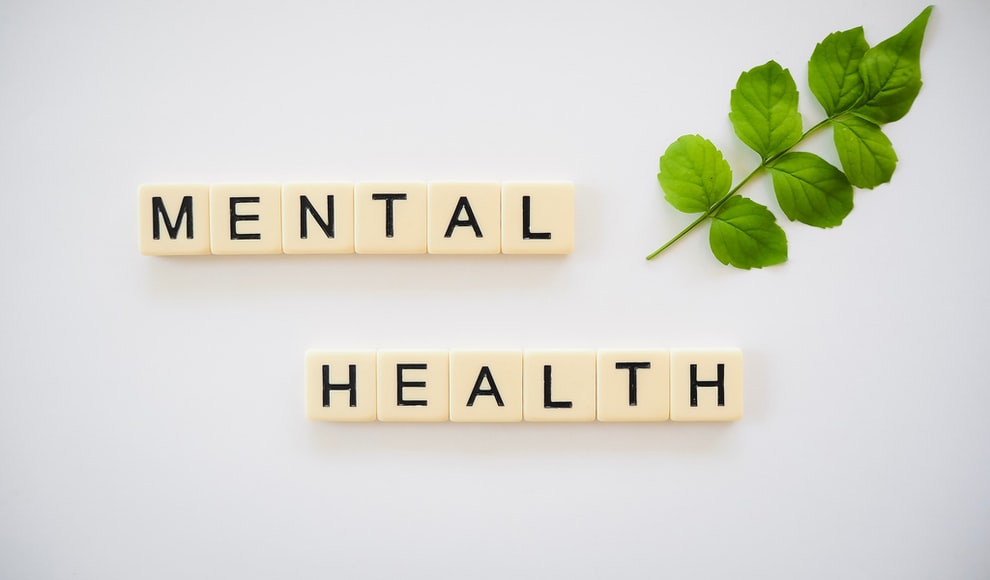
Researchers have found evidence that cognitive behavioral therapy (CBT) is as effective as pharmacotherapy at reducing symptoms of different mental illnesses. In fact, CBT is also proven to be effective for people with anxiety symptoms. Considering the evidence base for CBT, it shouldn’t come as a surprise that it’s a major aspect of programs like URP mental health treatment.
If you or a loved one is struggling with poor mental health and are considering seeking treatment, it’s likely that your therapist will recommend CBT. Because it’s so widely used, it’s worth taking a look at what makes CBT such a common option for people seeking treatment.
It’s Effective For Multiple Disorders
Perhaps the biggest advantage of CBT is that it’s highly effective for a wide range of disorders. Although it was initially developed to address the dysfunctional thoughts that accompanied depression, mental health practitioners have now started using it for other conditions as well. For instance, it can challenge unhelpful thoughts that fuel feelings of anxiety, making it a suitable option for different anxiety disorders, including panic disorder.
Similarly, it’s also recommended for OCD, which involves obsessive thoughts and compulsive behaviors. By asking questions that encourage you to challenge your fears, you learn that there are no catastrophic consequences of resisting your compulsions. In the same way, it works for other disorders like schizophrenia and PTSD as well.
It Educates You About Your Condition
When you have a mental condition, not knowing why your symptoms occur can lead to a sense of hopelessness and confusion. After all, not being sure about how to control your symptoms can make you pessimistic about the future as well. You may not even be able to imagine a time when your condition no longer affects you. CBT changes this by educating you about what’s causing your symptoms.
Let's say you have social anxiety disorder and constantly worry about being judged by other people in social situations. CBT can help you see that your thoughts aren’t always accurate. What you’re thinking isn’t what’s likely to happen. By learning to challenge your thoughts, you start seeing new possibilities – a different life where your symptoms no longer affect you.
It Teaches You To Relax
In the case of many mental health conditions, symptoms are exacerbated by stress. With CBT, you identify the types of thoughts that affect your mental wellness. Over the course of your sessions, you’ll learn coping mechanisms to address stressful situations.
Techniques like self-monitoring and cognitive restructuring can lower your stress levels and help you calm down. Once you’re calm, you can regain control of your thoughts. Your therapist will help you do this by practicing calming techniques like deep breathing, progressive muscle relaxation, and mindfulness meditation. Then, you can regulate your responses to stressful situations and reduce your symptoms.
It Improves Your Self-Esteem
A common characteristic of many mental health conditions is low self-esteem. Researchers have found that psychiatric disorders are associated with low self-esteem. This is a major factor that impacts your quality of life in the long run. Some of the disorders linked to low self-esteem are anxiety disorders, eating disorders, substance use disorders, and major depression.
When you struggle with low self-esteem, it perpetuates the cycle of negative thoughts about yourself and the world. This relationship goes both ways, as irrational thoughts lead to low self-esteem as well. Keep in mind that low self-esteem can contribute to maladjustment. When you lack faith in your abilities, you’re unable to manage day-to-day problems. This, in turn, keeps you from achieving your full potential.
It Improves Your Thought Process
The greatest benefit of undergoing CBT is that you regain control of your thoughts. Dysfunctional and unhelpful thought patterns, often known as cognitive distortions, are a common aspect of different disorders, often occurring automatically. During CBT sessions, you’ll question and replace your negative thoughts, effectively transforming your thought process.
When you don’t let negative thoughts take over, you can think rationally and respond appropriately to stressful situations.
Conclusion
To sum it up, CBT is an effective form of psychotherapy with various applications. Even though it’s not the optimal choice for everyone with a mental health condition, it can be used alongside other treatments for positive outcomes. With CBT, you’re well-equipped to handle problems because they seem more manageable, you develop a more rational thought process and you gain control of your thoughts. It also has benefits for your self-esteem and gives you hope about your condition.